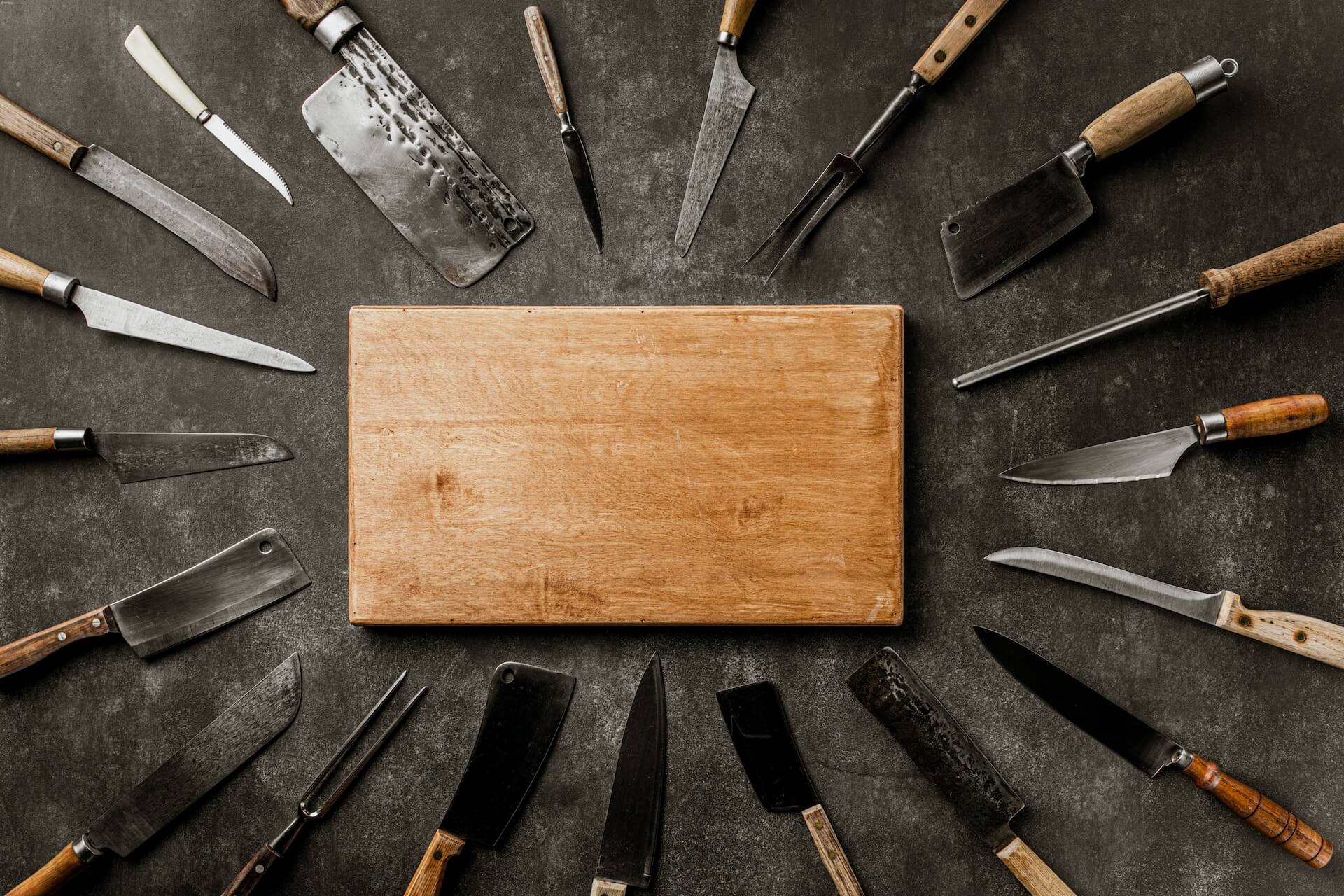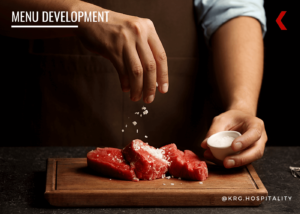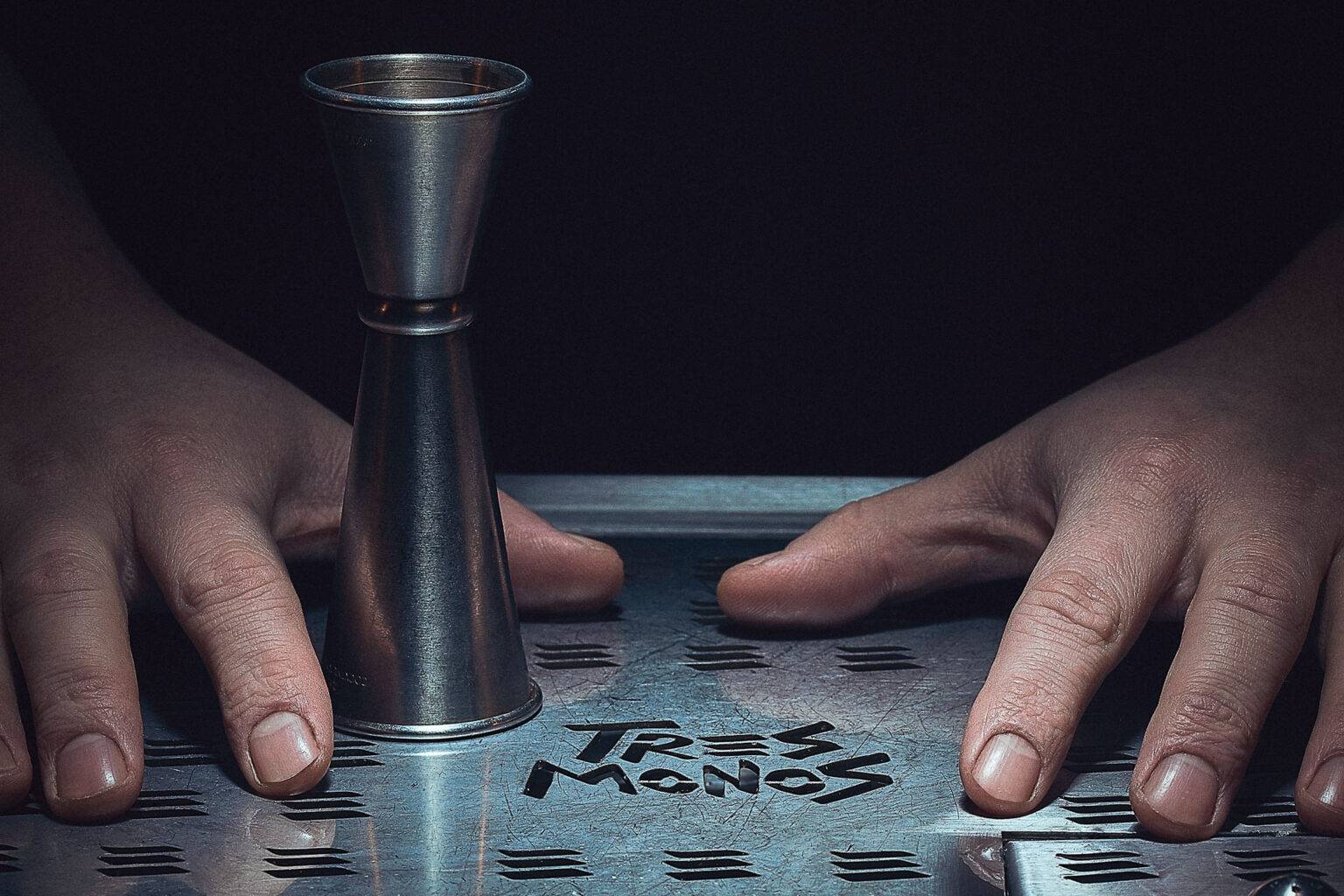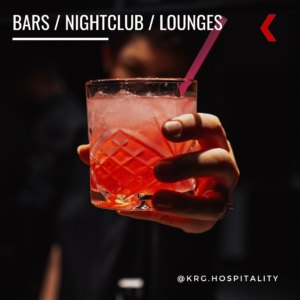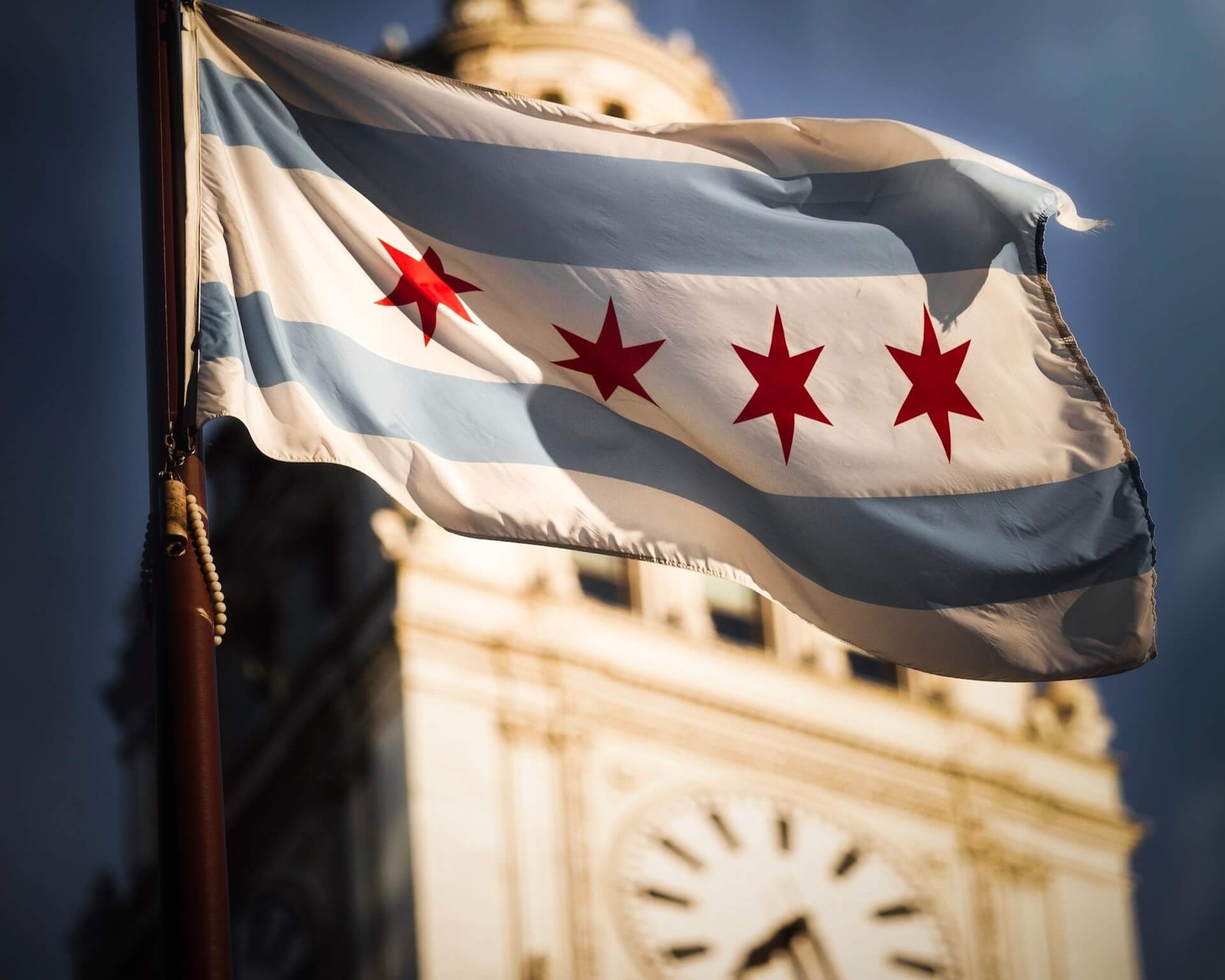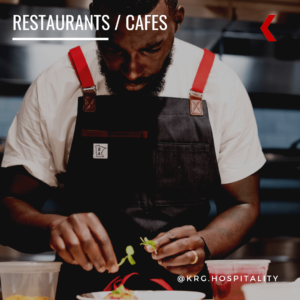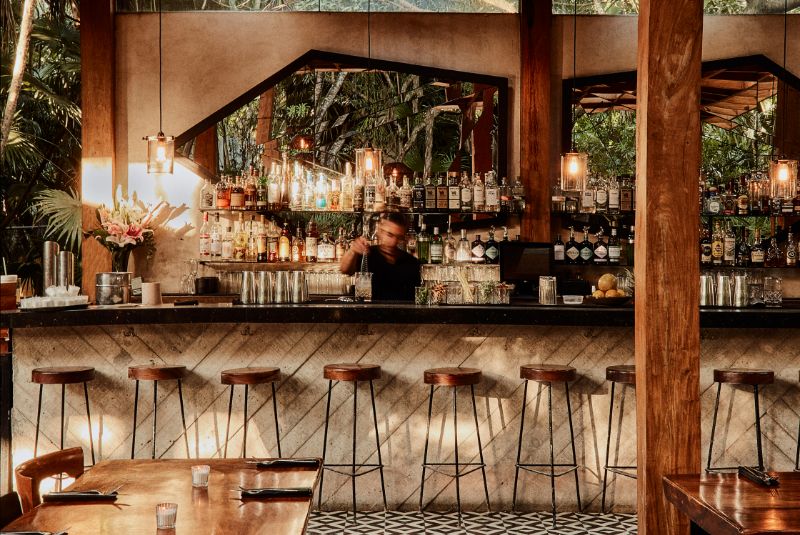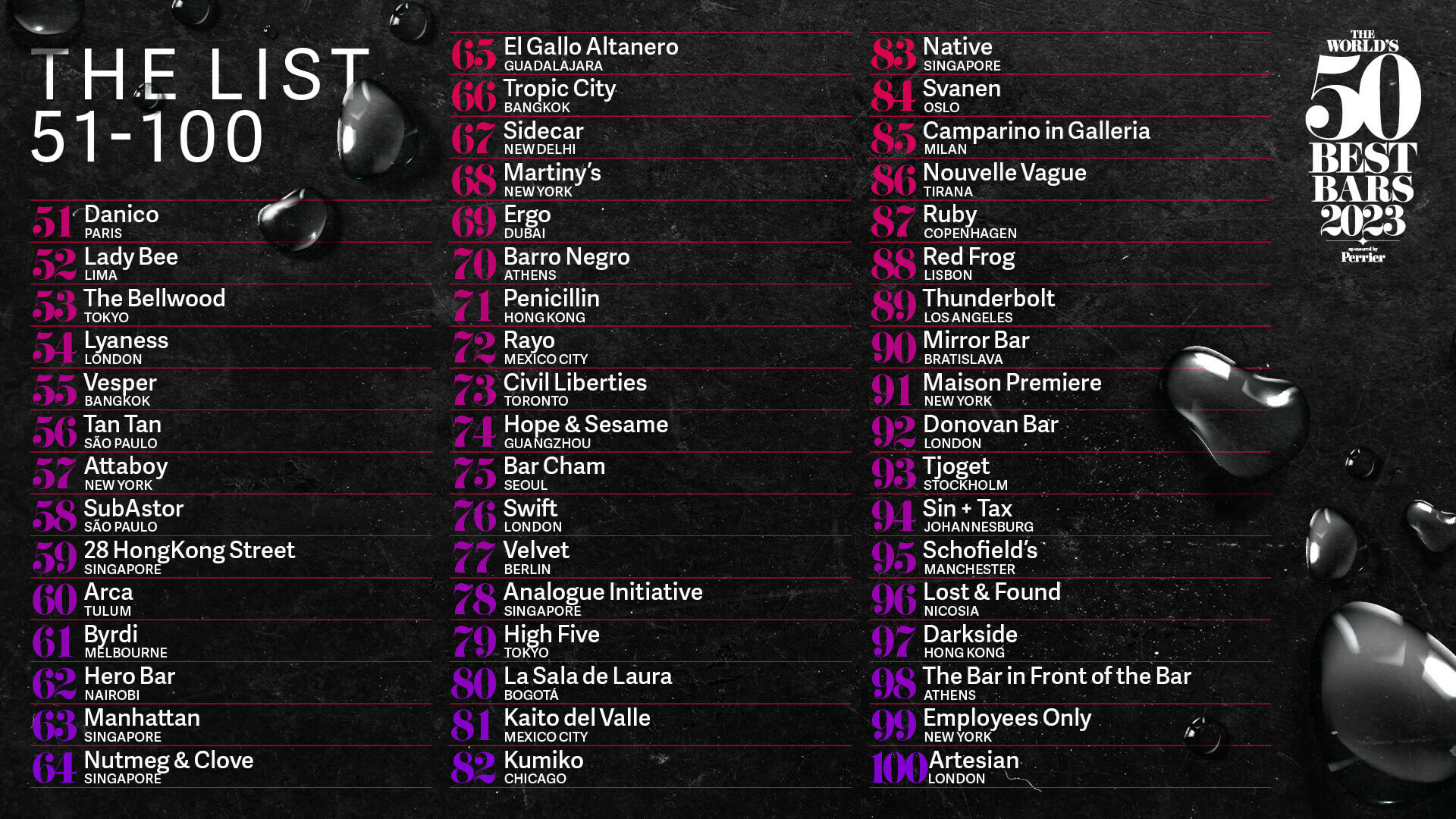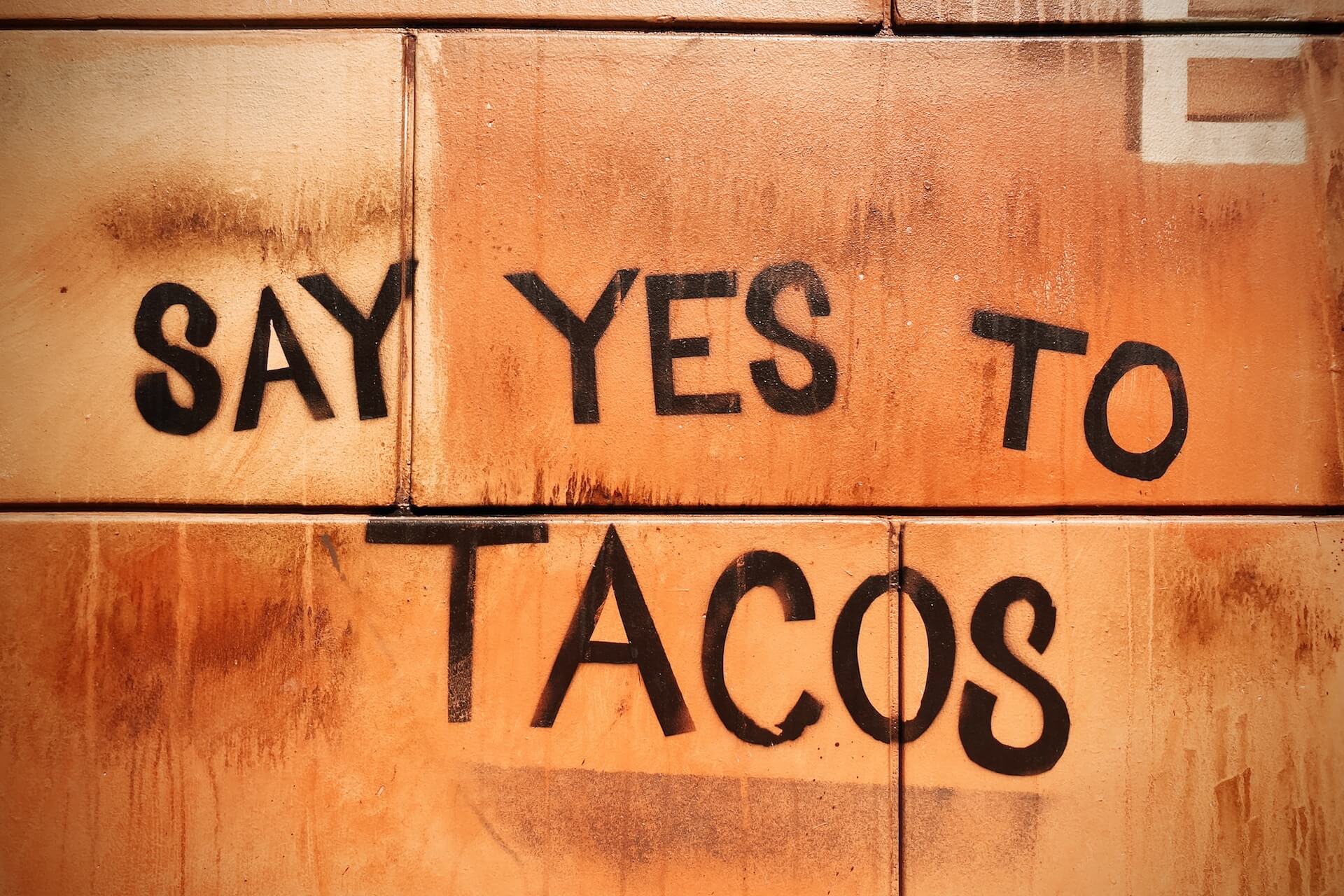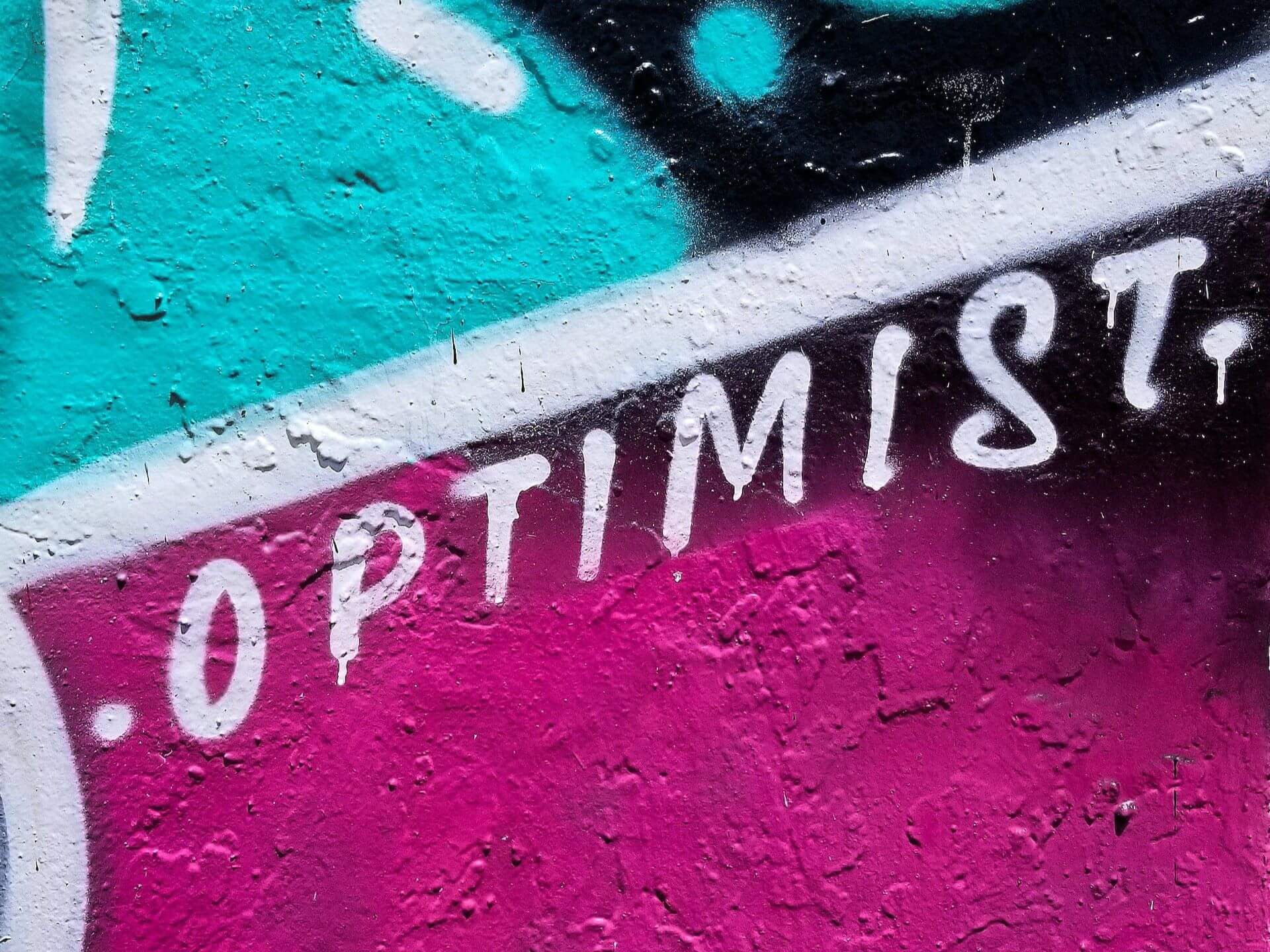The Intersection of Streaming and Sports Betting
by David Klemt

The popularity and ubiquity of sports betting is exploding throughout the US, and its seemingly inescapable presence is due in large part to streaming.
This is one topic we learned about during our first visit to the Global Gaming Expo, also known as G2E.
It’s true that gaming and hospitality are two distinct, different industries. However, they’re inextricably connected. And with gaming platforms and mobile devices making it even easier to place bets on sports, that connection is only getting stronger.
Now, I’m going to take a moment to make my relationship with gaming clear. First, I’m not an expert on the industry. Second, I rarely partake in gaming even though I live in Las Vegas. I’ll throw the odd twenty into a small handful of specific slot machines, but that’s the extent of my gaming experience. I think it has been a decade since I last played craps.
So, I’m going to do my best to share what I learned during G2E. The show is an educational experience for me, and I feel that hospitality business operators can benefit from its sessions.
As far as the hospitality-gaming relationship, however, I certainly believe they’re complementary industries. This is absolutely true in Las Vegas, and it’s true in other markets as well. If casinos weren’t aware that hospitality is crucial to keeping guests returning and risking their cash on games, they wouldn’t bother focusing on dining, drinking, nightlife, and other hospitality amenities.
I’m also confident saying Las Vegas in particular wouldn’t have generated nearly $15 billion in 2022. And casinos throughout America wouldn’t have generated over $60 billion last year.
In summary, the connection between hospitality and gaming is what drew me to G2E this year.
Watershed Moments
One of the sessions I attended was “Streaming X Sports Betting: The Future of Engaging Gen Z.” Adam I. Kaplan, the chief operating officer of SportsGrid, was the speaker.
SportsGrid, I’ve since learned, is a multimedia sports betting network. According to Kaplan, the ad-supported network is available on more than 40 platforms and accessed by millions upon millions of mobile devices
Users can access SportsGrid 24/7 via smart TV or their dedicated app. Additionally, people can stream SportsGrid via other platforms, such as:
- Roku;
- Prime Video;
- YouTube TV;
- Sling;
- Freevee; and
- Plex.
Per Kaplan, we can trace the creation of SportsGrid to two genesis points: the creation of Napster, and the introduction of the iPhone.
The launch of Napster in June of 1999 was, of course, a watershed moment. And its influence on society is undeniable. According to Kaplan, the platform’s influence included the belief that content should be free.
When the iPhone hit the scene in January of 2007, it, too, was a massive milestone. Part of its success, as Kaplan pointed out, was how easy it made for users to engage with content.
Taken together, Napster and the iPhone have “taught” people that content should be free and easy to access. And their launches have led to the rise of iGaming and sports betting.
Sports Betting Repeal Day
Like hospitality, sports betting has their own Repeal Day. Whereas bars and restaurants celebrate on December 5, gaming would celebrate May 14.
That’s the day in 2018 that the United States Supreme Court struck down the Professional and Amateur Sports Protection Act (PASPA) of 1992. Essentially, PASPA banned sports betting in the US, with narrow exceptions for four or five states.
When PASPA was overturned on the basis that the act violated the Tenth Amendment (states’ rights), several states made moves to legalize sports betting. Currently, sports betting is legal in some form in more than 30 states and Washington, DC.
During the five-year period following the end of PASPA, sports betting has gained massive traction throughout the US. Several publications report that the NFL in particular sees the most betting action.
According to the American Gaming Association, 73 million Americans plan to bet on the 2023-2024 NFL season specifically. That’s up from 46 million in 2022, a huge leap.
Of all adults who said they’d bet on sports this year, 14 percent (more than 35 million people) plan to place their bets online.
Per SportsGrid’s Kaplan, people aged 40 and under—so, Millennials and legal-age Gen Z—make up the majority of sports bettors. Looking at sports betting as an engagement driver, businesses should see the opportunity to attract sports bettors as customers and keep them loyal.
Skin in the Game
As Kaplan points out, one reason that sports betting drives engagement is the sense a bettor has of having “skin in the game.”
Well, they aren’t the only people who want skin in the sports betting game.
Since PASPA ended, hospitality venues across the country have attempted to get in on the sports betting phenomenon. This makes perfect sense, particularly for sports bars.
What operator in that space wouldn’t love the ability to stream content from a platform like SportsGrid, FanDuel TV, or DraftKings Network, with their guests permitted to place bets while inside the venue, legally?
That opportunity could prove incredibly lucrative, generating significant traffic and sales. And that’s to say nothing of the marketing, promotions, and guest loyalty opportunities. Think of what legalized on-premise sports betting could do to attract fantasy sports league participants…
Additionally, venues that can stream sports betting content and encourage betting on-premise (again, legally) could prove incredibly popular with one of the age groups operators focus on the most: the 21- to 34-year-old segment.
So, it appears one of the next frontiers for hospitality is pushing for the legalization of sports betting on-premise. Operators in favor of guests being allowed to place bets while onsite can either wait and see or actively engage their lawmakers.
What a time, eh?
Image: Adrian Curiel on Unsplash


